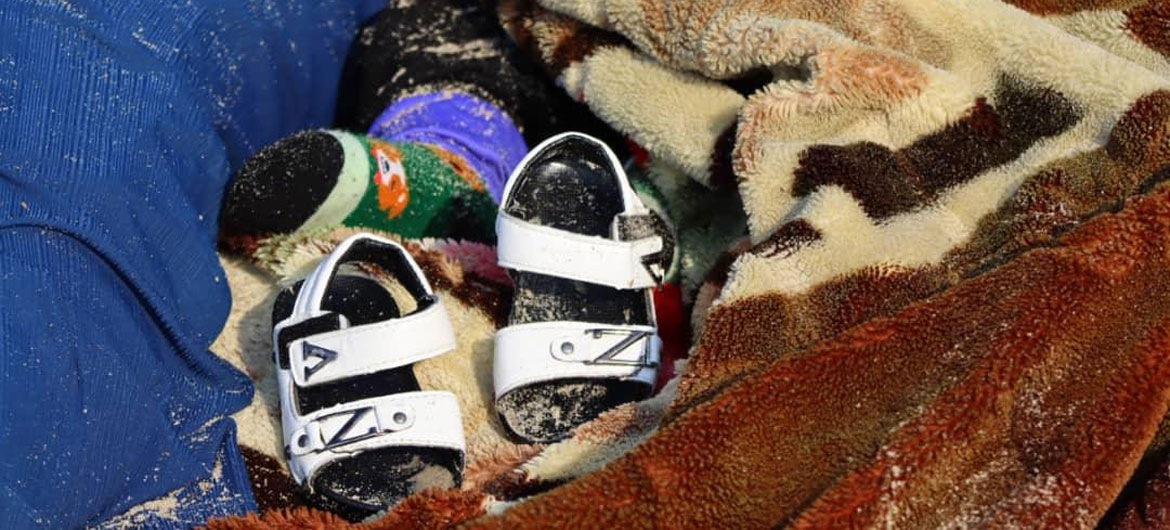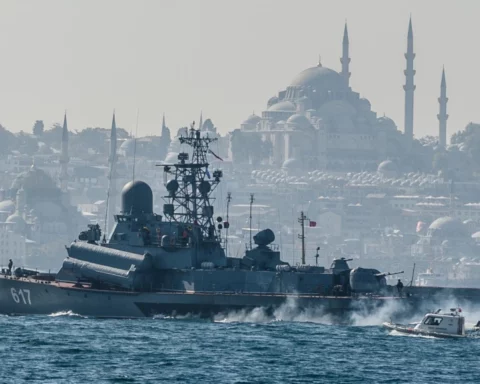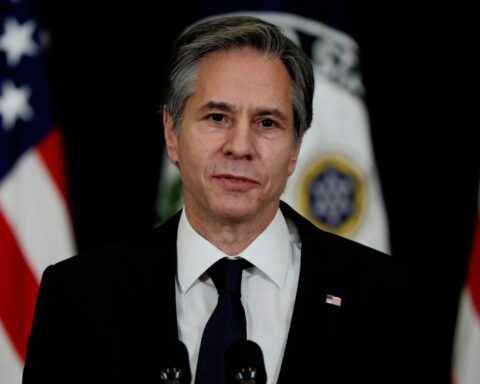The boat was reported to be carrying more than 120 people, among them women and children. A total of 47 survivors were brought to shore by the coast guard and local fishermen. More than 30 bodies have been retrieved, but the search continues.
Rescuers overwhelmed
In the past two days at least 19 people, including two children drowned after two boats capsized in the same area of the Mediterranean, while the vessel ‘Open Arms’, which is the only NGO ship currently operating on the route, rescued more than 200 in three separate operations.
“The mounting loss of life in the Mediterranean is a manifestation of the inability of States to take decisive action, to redeploy much needed, dedication search-and-rescue capacity, in the deadliest sea-crossing in the world”, said Fredrico Soda, IOM’s Chief of Mission in Libya.
Clarion call for change
“We have long called for a change in the evidently unworkable approach to Libya and the Mediterranean, including ending returns to the country and establishing a clear disembarkation mechaism, followed by solidarity from other states. Thousands of vulnerable people continue to pay the price for inaction, both at sea, and on land.”
So far this year, at least 900 people have drowned in the Mediterranean trying to reach European shores, some due to delays in rescue, said IOM.
More than 11,000 others have been returned to Libya, putting them at risk of facing human rights violation, detentions, abuse, trafficking and exploitation – all well-documented by the UN.
Upsurge in departures
IOM has recorded a recent upsurge in departures from the country with some 1,900 people intercepted and returned, with more than 780 arrivals in Italy recorded from Libya, since the beginning of October alone.
Worsening humanitarian conditions of migrants detained in overcrowded centres, widespread arbitrary arrests and imprisonment, and extortion and abuse are alarming, according to the migration agency.
Zone changes needed
In the absence of any safeguards for migrants returned to the country, IOM is calling for the Libyan Search and Rescue zone to be redefined, to allow international actors to conduct life-saving operations.
IOM continues to be clear that Libya is not a safe port for return and reiterates its call on the international community, and the European Union (EU), to take urgent and concrete action to end the cycle of return and exploitation.
Continuous restrictions on the work of NGOs conducting crucial rescue operations work must be lifted immediately”, said the agency, “and their crucial interventions recognized in line with the humanitarian imperative of saving lives.”






